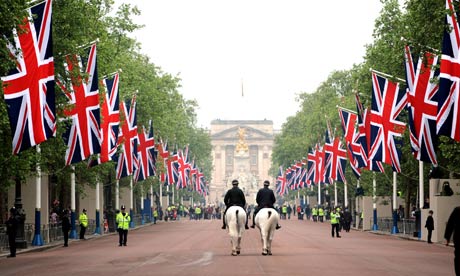When the idea of a modern Olympics became a reality at the end of the 19th century, the initiators and organizers were looking for a great popularizing event, recalling the ancient glory of Greece. The idea of organizing a marathon race came from Michel Breal, who wanted the event to feature in the first modern Olympic Games in 1896 in Athens. This idea was heavily supported by Pierre de Coubertin, the founder of the modern Olympics, as well as the Greeks. The Greeks staged a selection race for the Olympic marathon on 10 March 1896 that was won by Charilaos Vasilakos in 3 hours and 18 minutes with the future winner of the introductory Olympic Games marathon coming in fifth. The winner of the first Olympic Marathon, on 10 April 1896 a male only race, was Spyridon "Spyros" Louis, a Greek water carrier. He won at the Olympics in 2 hours 58 minutes and 50 seconds.

The women's marathon was introduced at the 1984 Summer Olympics and was won by Joan Benoit of the United States with a time of 2 hours 24 minutes and 52 seconds.
Since the modern games were founded, it has become a tradition for the men's Olympic marathon to be the last event of the athletics calendar, with a finish inside the Olympic stadium, often within hours of, or even incorporated into, the closing ceremonies. The marathon of the 2004 Summer Olympics revived the traditional route from Marathon to Athens, ending at Panathinaiko Stadium, the venue for the 1896 Summer Olympics. The Olympic men's record is 2:06:32, set at the 2008 Summer Olympics by Samuel Kamau Wanjiru of Kenya. The Olympic women's record is 2:23:14, set at the 2000 Summer Olympics by Naoko Takahashi of Japan.
Johnny Hayes' victory at the 1908 Summer Olympics contributed to the early growth of long-distance running and marathoning in the United States. Later that year, races around the holiday season including the Empire City Marathon held on New Year's Day 1909 in Yonkers, New York, marked the early running craze referred to as "marathon mania". Following the 1908 Olympics, the first five amateur marathons in New York City were held on days that held special meanings to ethnic communities: Thanksgiving Day, the day after Christmas, New Year's Day, Washington's Birthday, and Lincoln's Birthday.
Frank Shorter's victory in the marathon at the 1972 Summer Olympics would spur national enthusiasm for the sport more intense than that which followed Hayes' win 64 years earlier. By 2009, an estimated 467,000 runners completed a marathon within the United States. This can be compared to 143,000 in 1980. Nowadays, various marathons are held all around the world on a nearly weekly basis.

Long after the re establishment of the marathon in the Olympics, distance races such as the marathon did not include female participants. Although a few women had run the marathon distance, they were not included in any official results. Marie Louise Ledru has been credited as the first woman to race a marathon. Violet Piercy has been credited as the first woman to be officially timed in a marathon. For challenging the long held tradition of all male marathons running in the Boston Marathon, in 1967, Kathrine Switzer is regarded as the first woman to run a marathon as a numbered entry, but did so unofficially, due to a fluke in the entry process. Bobbi Gibb had completed the Boston race unofficially the previous year and was later recognized by the race organizers as the women’s winner for that year, as well as 1967 and 1968.
Olympic Tickets are being sold in high ratio and Athletics Marathon Tickets are much sold tickets among all Olympic Tickets. If anybody wants to purchase Olympic Athletics Marathon Ticket, he/ she should select Global Ticket Market. Global Ticket market is selling all Olympic Ticket on affordable rate. Especially
Olympic Athletics Marathon Tickets are sold there at cheap prices and in easy terms.
















